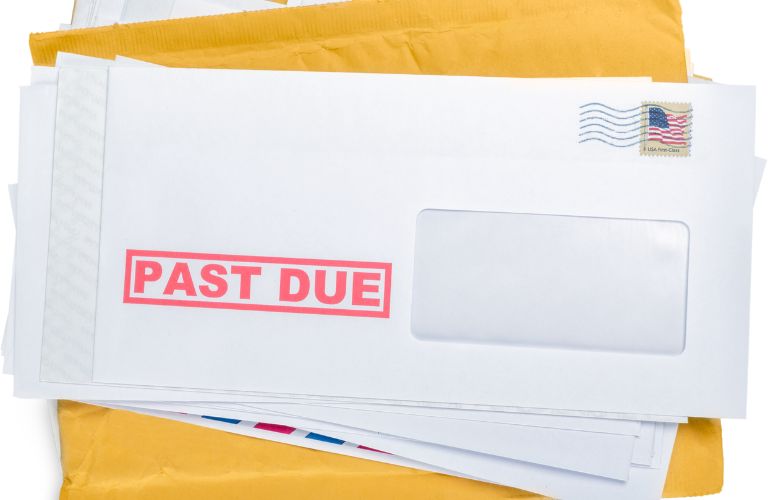
Are you a small business owner in the Kansas City area? Do you rely on payment from your customers? We all know that sometimes money can be tight and unforeseen financial obligations – emergency medical bills, automotive repairs, etcetera – can make it difficult to pay your bills on time. When you are a business owner, you likely see this all the time and wonder what your recourse may be. You may ask – what should I do if customers are not paying bills? Do I need a small business attorney? We can help answer these questions and many more at Saxton Law Firm in Kansas City.
What To Do If a Client Will Not Pay
When you are a business owner, you expect payment in return for services rendered or goods provided – it is a common social contract – and it has legal ramifications for clients or customers who do not pay. With that said, most business owners would likely prefer to avoid a court case or legal litigation and there are steps that you can take before you get to that point.
Here is a quick look at steps you can take when a client will not or cannot pay their bill.
1. Send a Written or Electronic Payment Reminder
Paper bills can get lost, emails can be deleted by mistake and more can happen that can keep a client from paying a bill. When this occurs and a bill is past due, the first step you may want to take as a business owner is to send a written reminder. In most cases – there is no obligation to provide a client with additional time to make payment – but when you deal with a company, it can take time to process payments and you may want to retain that business relationship. Send a reminder with a timeframe in which clients can pay.
2. Send a Debt Collection Letter
A debt collection letter is the next step in the process and serves as a more formal reminder. The standard debt collection letter will include the date that the original payment was due, a time frame in which the payment must be made, available methods of payment and a statement about the repercussions if payment is not received. Implied repercussions can include notifying a collection agency, taking legal action or filing a civil lawsuit.
3. Make Personal Contact with the Client
Like we mentioned before, paper bills can get lost in a mountain of junk mail and emails requesting payment can get accidentally filed away in a spam folder. The next step to take when clients have not made payment is to make personal contact. Call the client directly on the phone, facetime your customer or schedule a face-to-face meeting to negotiate a resolution for the payment issue. In-person and direct contact may be more effective when you need to be paid.
4. Send a Final Demand Letter
Are you still waiting to be paid by your customer? The next step you can take when a client is not paying is to send a final demand letter. This serves as a final written notice that payment is required – or you will need to take a more formal and legal course of action. A small business attorney can be a valuable resource in this scenario and can detail legal action in the letter in the event that payment is not received.

5. File a Lawsuit
When reminders, letters and phone calls have failed to result in payment – it is time to file a lawsuit. Saxton Law Firm has extensive experience in the courtroom and can help you file a case in small claims court or a civil lawsuit as needed in your case. This puts the issue of payment in the hands of a judge and if the customer is found in breach of a written contract, you would receive the full amount owed.
Do I Need a Small Business Attorney When a Client Won’t Pay?
You may still have questions. You may ask – do I really need a small business attorney? Yes and no. In a scenario where the amount owed is between $2,500 and $25,000, your case may fall into the purview of small claims court and in some states that prohibits the use of an attorney. Missouri small claims court allows individuals or businesses to represent themselves in cases where the lawsuit is for less than $5,000. When the claim is for more than $25,000, the case becomes a civil lawsuit and a small business attorney is a very helpful ally in a case that will involve more intricate legal proceedings.
READ MORE: How Can a Small Business Attorney Help Your Business?
Business owners may ask – what should I do if customers aren’t paying bills? We can help answer your questions about small business litigation here at Saxton Law Firm and we are available to help you win your case or lawsuit in the Kansas City area. Contact Saxton Law Firm today for a FREE legal consultation about your case!
